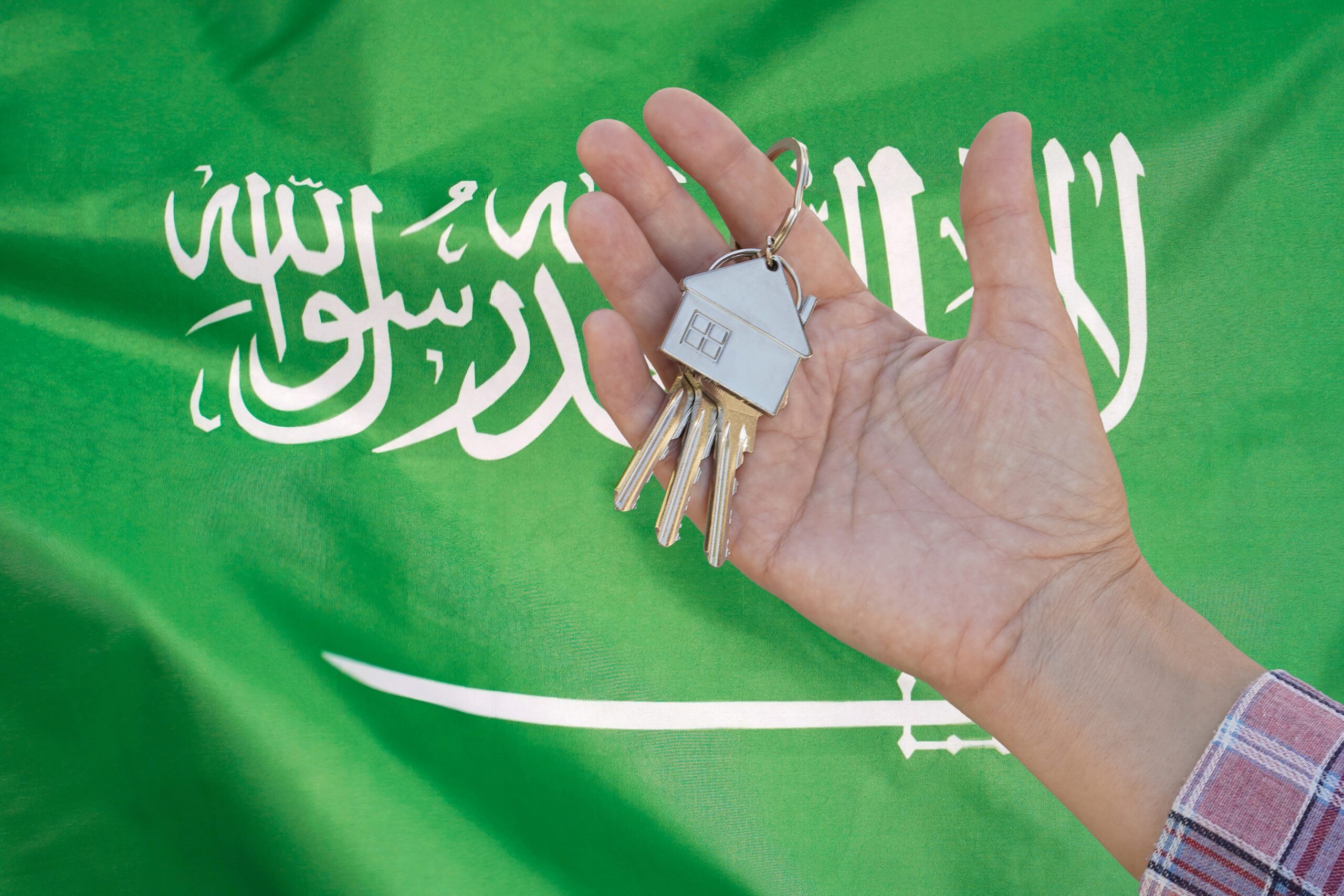Starting January 2026, Saudi Arabia will permit foreigners to buy and own property in designated zones, reversing longstanding restrictions to attract more foreign investment.
Approved in July, the new “Law of Real Estate Ownership and Investment by Non-Saudis” opens the door for global investors, banks, and institutions to back the kingdom’s ambitious mega projects, including Neom’s The Line and Diriyah.
Earlier this year, Saudi Arabia’s real estate price index, which includes commercial and residential segments, was up 4% from 2024. Real estate data is compiled by the General Authority for Statistics.
The designated areas include the capital Riyadh and commercial center Jeddah. Restrictions apply to the holy cities of Makkah and Medina. The latest set of reforms are part of crown prince Mohammed bin Salman’s ‘Vision 2030,’ a project to diversify the economy and lessen dependance on hydrocarbon revenues.
Comparisons are already being drawn to Dubai’s real estate reforms in 2002 that unleashed a wave of investment into the sector, which has become a significant contributor to gross domestic product (GDP). Last year Dubai Land Department said it aimed to double contribution to Dubai’s GDP to AED73 billion (around $20 billion.)
Analysts caution that the sector, though promising, is at an early stage of development and might lack requisite regulations. “It presents a new channel to get exposure to a growing economy, powered by ambitious projects—however, the market, while offering growth potential, is still nascent with an evolving regulatory framework,” says Osama Al Saifi, managing director, MENA at Traze, an online trading platform.
Once the property ownership law is officially published, Saudi Arabia’s Real Estate General Authority has 180 days to issue detailed regulations—showing a commitment to timely, investor-friendly implementation.
Investors are optimistic, yet Saudi Arabia faces stiff regional competition, particularly from the United Arab Emirates. “Dubai offers a mature, stable, and highly liquid market with a globally recognized legal system for property rights,” Al Saffi notes.
The kingdom has already made several investment reforms this year, including a new law that allows Gulf Cooperation Council citizens and residents to invest directly in the Saudi stock market—the Tadawul.




